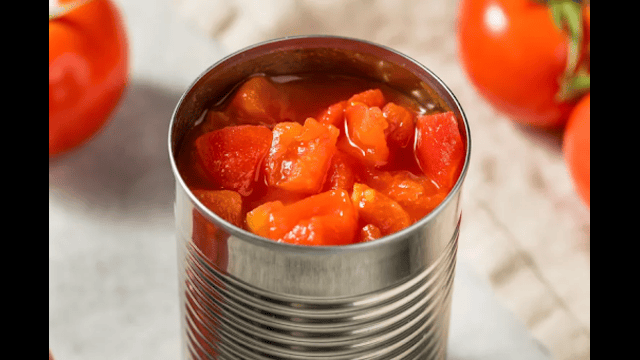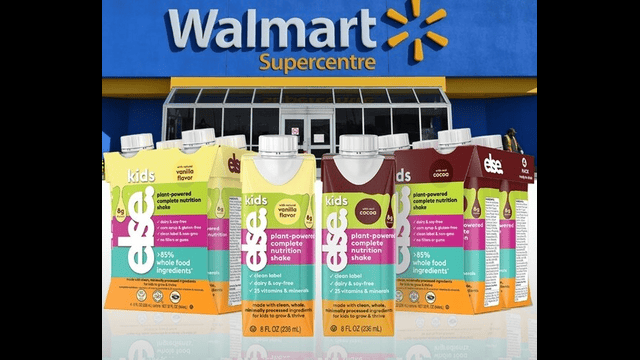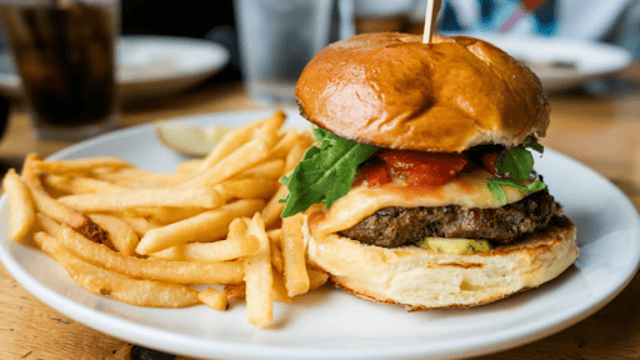
Tackling plastic pollution in food packaging requires collaboration, innovation, and informed policies for a sustainable future. (Food In Canada)
In the summer of 2023, Environment and Climate Change Canada (ECCC) made a significant move by issuing a pre-planning pollution prevention (P2) notice, aiming to tackle plastic pollution in food packaging. This notice responded to the pressing concern of plastic's pervasive presence, comprising about a third of all packaging in Canada, much of which is designed for single use.
Key items such as juice bottles, produce bags, yogurt containers, and meat trays contribute to this concerning statistic. Despite efforts, only a fraction of plastic waste is collected for diversion and recycling annually, with the bulk ending up in landfills, exacerbating environmental issues, especially amidst the accelerating pace of climate change.
Recognizing the complexity of the issue, Food and Beverage Ontario (FBO) recently convened a consultation gathering stakeholders from various sectors, including retail, packaging suppliers, and governmental bodies. Chris Conway, CEO of FBO, emphasized the inadequate state of recycling infrastructure in Canada, underscoring the need for significant investment and technological advancements in recycling capabilities.
Kristina Farrell of Food and Beverage Canada shed light on the industry's task to align with the P2 notice's goals, emphasizing the consumer preference for eco-friendly packaging. Doug Alexander of Belmont Foods echoed the sentiment, stressing the importance of reducing plastic use without compromising food safety or consumer convenience, while cautioning against over-reliance on plastic recycling due to potential microplastic generation.
Numerous challenges surfaced during the discussion, highlighting the complexities faced by the food and beverage sector in transitioning towards sustainability. Multi-layer films and flexible packaging, crucial for food safety and shelf life, pose recycling barriers due to their composition.
Compostable alternatives, although preferred, are significantly costlier and face inconsistent acceptance among retailers. Moreover, the absence of industry-wide standards for compostability, biodegradability, and recyclability complicates the landscape, potentially leading to contaminated compost and marketability issues.
Standardization gaps across provinces and municipalities further impede recycling efforts, with variations in recyclability definitions and limited availability of food-grade recycled plastic exacerbating the problem. Global packaging standards present additional hurdles for multinational companies operating in Canada, while ambiguous guidelines such as the Canada Plastic Pact's Golden Design Rules add confusion for industry players.
Amidst these challenges, stakeholders advocated for a nuanced approach from governments, emphasizing the importance of understanding supply chain intricacies and cost implications when formulating policies. In the absence of viable alternatives, interim measures such as utilizing biodegradable plastics and increasing the availability of food-grade recycled plastic were proposed. Additionally, exploring energy conversion options for non-recyclable plastics was suggested, albeit with caution to prioritize recycling whenever feasible.
In essence, the journey towards sustainable food packaging necessitates collaborative efforts, informed policies, and innovative solutions to address the multifaceted challenges posed by plastic pollution.















